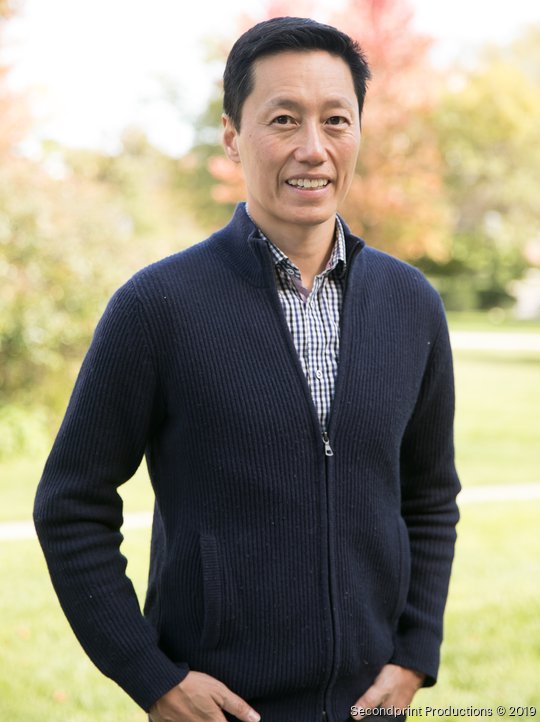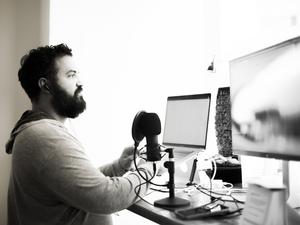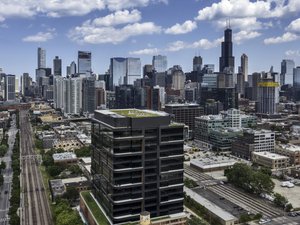Although the past two years have seen a major pullback in startup investing, exits and deals since the highs of 2021, local investor Paul Hsu thinks America's heartland, as well as smaller venture capital funds, could be poised to capitalize as dry powder continues to accumulate on the sidelines.
A recent analysis from Institutional Investor, with data from Santé Ventures and PitchBook, found that smaller funds (of less than $350 million) are roughly 50% more likely to return more than 2.5 times total value paid-in capital than larger ones (of more than $740 million).
Hsu, who founded Chicago blockchain VC firm Decasonic, said this is in part due to smaller funds, as well as Chicago-based VCs, being more disciplined when it came to investing over the past 18 months.
Decasonic closed a $49 million fund in early 2022, and around 40% of the fund has been deployed thus far, according to Hsu, with 60% dry powder — or money that has been committed by investors but not yet spent — left. That pace is similar to other traditional VCs, he said.

Hsu spoke to Chicago Inno this week about how there may be reasons for optimism for startups in 2024, despite rising interest rates and uncertainty about growth and runways — especially in Chicago. This interview has been edited for length and clarity.
How are you approaching the VC market heading to 2024?
What we are monitoring is how product launches coincide with investor optimism or pessimism, but optimism to drive innovation. While interest rates have gone up in 2023, the expectation is three interest rate cuts for next year.
What are your expectations and predictions for the startup and VC scene both nationally and here in Chicago?
There are a lot of limited partners in VC funds and general partners of VC funds based in Chicago who are optimistic about our ecosystem here. They are optimistic because our ecosystem is focused on durable business models that have weathered this bear market cycle the last 18 months tremendously well.
We underwrite durable business models that focus on line-of-sight towards monetization and product-market fit. That's allowed our portfolio to weather the downturn better than other strategies that are high-burn-rate type of situations. Other Chicago-based VCs share with me similar data points even if we don't focus on the same sector. We've been able to weather the storm, reserve dry powder, and we're ready to deploy in 2024.
By and large, Chicago-based VCs were disciplined through the downturn with their capital deployment. Many of them, like ourselves, have dry powder coming out of this downturn, and when I talk to those LPs, they have a lot of renewed optimism for deploying in 2024 and beyond.
How have you found that smaller funds are outperforming larger ones?
If you look at 20 to 25 years of venture history, smaller funds have always outperformed larger ones, and I think it's been highlighted more recently because of the bear market in 2023. I think smaller fund managers like myself are very disciplined in terms of not overfunding.






